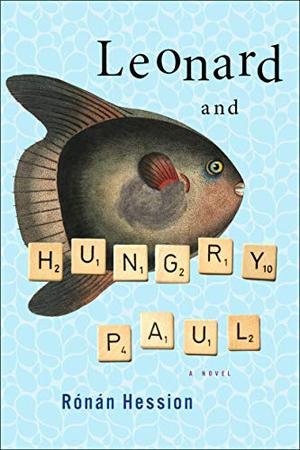Many of the posts on this blog are categorized, to assist you in finding just the right book. If you’re on a desktop computer, you’ll find my categories on the far right side of the web page, below “Latest Posts.” If you’re on a mobile device, the categories are at the bottom, so scroll way down. The list is called “Archive of Book Reviews.”
As you’re scrolling through a category, click on “Older Posts” to pull up more of the hundreds of reviews on this blog.
In today’s post, I’m highlighting Irish Novels. Past favorites of mine in this category are Sally Rooney’s Normal People, Graham Norton’s Holding, and Belinda McKeon’s Tender and Solace. Click on the titles for my extended reviews. I’ve also written short reviews of Claire Keegan’s exquisite prose, here and here.
Next up, reviews of two more excellent Irish novels.
The Green Road Anne Enright (2015) Until now, I had somehow missed the Irish novelist Anne Enright, who has won the Man Booker Prize and has been Ireland’s Laureate for Irish Fiction. Her novel The Green Road follows in the tradition of the great Irish playwrights of the twentieth century, in that it features a rural Irish family that is riven by histrionic conflict. Enright presents episodes in the lives of the four Madigan children, starting in 1980. At Christmas of 2005, the four adults return to the west coast of Ireland (from Toronto, Dublin, and West Africa) as their elderly mother prepares to sell their ancestral home. Even though Ireland became socially and politically much more progressive between 1980 and 2005, Enright’s characters tangle with some perennial issues of Irish literature: sexual repression, alcoholism, the rural-urban divide, and the role of Catholicism in daily life. Watch for more reviews of Anne Enright’s work in my future posts!
Leonard and Hungry Paul Rónán Hession (2019/2020) For a totally different writing style, check out this debut novel from Dublin musician Rónán Hession. The two titular friends are thirty-something men trying to find their introverted, low-key pathways in our chaotic world. Neither one has moved out of his childhood home, and they spend their evenings playing board games with each other. They are, however, on the cusp of change. Leonard, who writes children’s encyclopedias, chances upon a woman in his office building who may just appreciate his personality. And Hungry Paul, who works as a substitute postman, may find other employment. The novelist’s tone reminds me of the work of Frederik Backman (A Man Called Ove) and of Alexander McCall Smith, whose novels have been much reviewed on this blog. All these authors point to the value of a modest, unassuming life.



